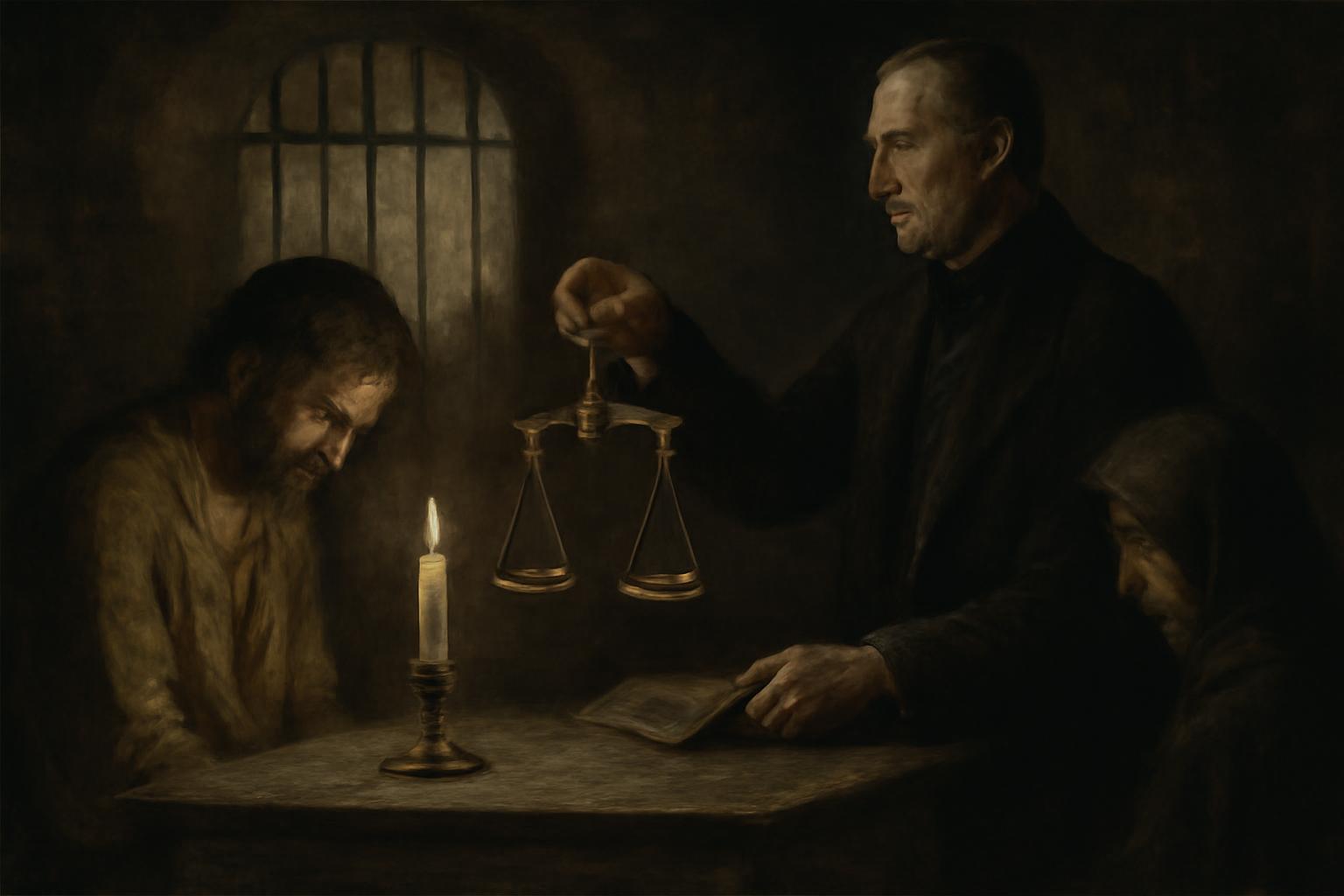How easily men are shuffled like tokens, their fates bartered in dim-lit rooms by the captains of moribund empires! The grim theater of prisoner exchanges presents an unlovely spectacle: the free world, so-called, does business with tyrants who treat their citizens as chattel, to be swapped or discarded upon the altar of expediency. Here gather the survivors—a spectral procession of those delivered from the carceral abyss of Russia and Belarus, assembled in the sad, cosmopolitan light of Berlin and Cologne, their voices echoing with gratitude and unresolved longing. They call not only for remembrance, but for the salvation of those left behind. Yet, what is such entreaty if the world averts its gaze, content with its portion of relief, its fleeting sense of moral accomplishment?
In this gathering, literary tragedy finds its grim parody. German Moyzhes, condemned for his spirit and yet accidentally delivered, confesses gratitude—yes!—but with the stoic bleakness of one who knows how thin the boundary between fortune and oblivion truly is. The myth of return, the hope that one might one day go home, already smacks of Greek irony. Orestes stood trial for his crimes before the gods; these men and women must face judgment only from bureaucrats and the blind intelligence of senseless regimes.
But what can gratitude mean to the memory of Alexei Navalny, with his spectral absence haunting the proceedings? Navalny's name recurs as a somber refrain, his very death a tragic necessity in the machinery of diplomatic calculation—much like the greater Greek tragedies, where the gods demand the blood of Iphigenia before the fleet may sail. Only now, the gods are not vengeful Olympians but the pale, mechanistic specters of statecraft and international law, their indifference all the more grotesque.
I am reminded, with a shudder, of Nietzsche’s bitter pronouncement: “Whoever fights monsters should see to it that in the process he does not become a monster.” Yet the West toys perfunctorily with the beast, believing itself innocent, even virtuous, while the mechanisms of tragedy—a joueur’s mask, familiar to ancient Athens—unspool with relentless inertia. The prisoners themselves shed passports as if sloughing off the dead skin of a corrupted identity; but in this gesture is the deep melancholy of exile, of rootlessness, of the absolute impossibility of return.
Our civilization, slavishly rocked by humanitarian platitudes even as it abandons its own to desolation, has exchanged the tragic sublime for bureaucratic pity and the pallor of endless negotiation. Those who suffer do so anonymously, unless marked for brief notoriety—journalists, activists, chess pieces in a game whose rules are set by no law but necessity and despair.
Look upon this spectacle, O readers! See the long shadow of Heraclitus: “Character is fate.” The fate that befalls these prisoners is not accidental but written in the very character of our decaying modernity. The Athens of Pericles mourned its exiles and dignified its tragedies; the West of today, sunk in abjection and forgetfulness, can hardly recall its own Orphans.
Let us not content ourselves with relief and fine words, for the chorus grows weaker, the actors ever more abject, and tragedy circles anew. Only by returning to the well of anguish, to the inexorable and unpurchasable truth of suffering, may we confront the abyss. But alas!—like Tantalus, we are forever denied the draught.
